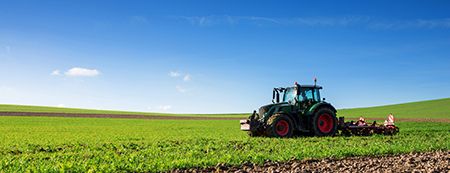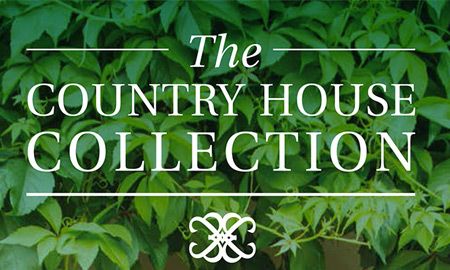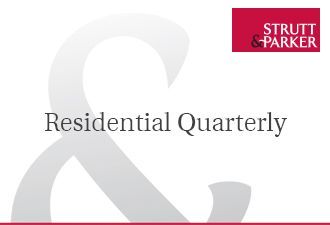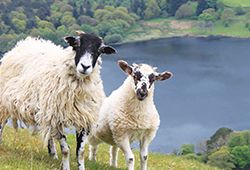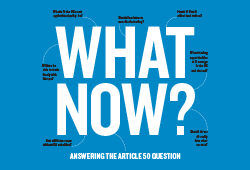
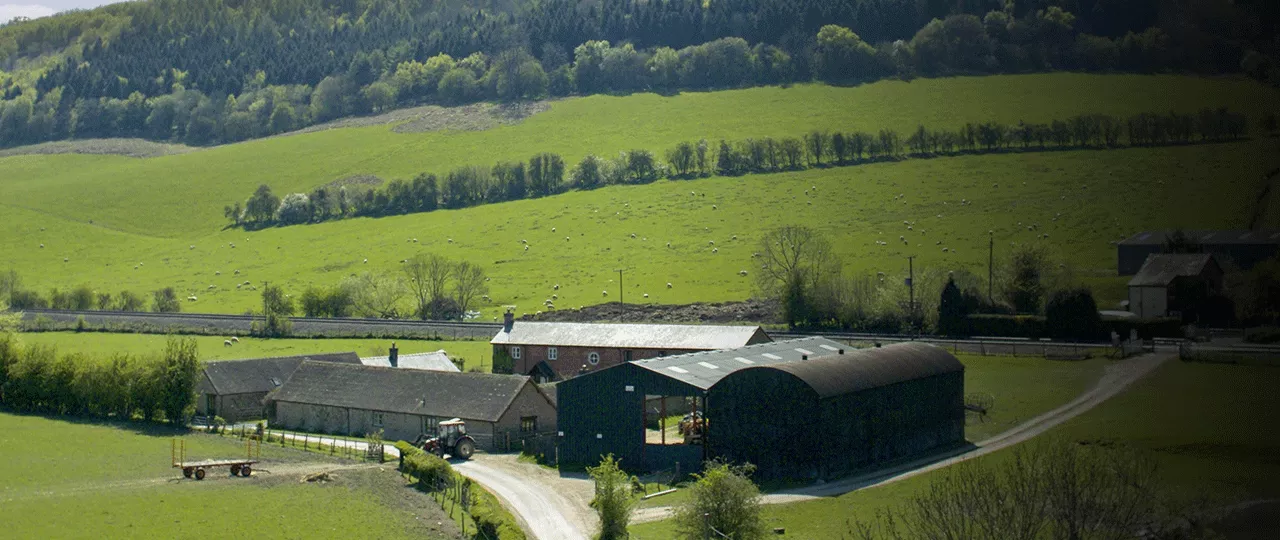
There have been headlines in the farming press about the number of land transactions that have taken place privately in the last 12 months. For many, a private sale is the best way to market a property; for others, the concept of agreeing a sale without exposing the farm to the market seems crazy.
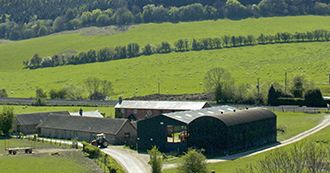
View the full article as a PDF
We should clarify what is meant by ‘private sale’. There are varying degrees of privacy, but the most common interpretation is the sale of a property where there is no advertising, publicity or editorial comment. Some private sales are well known about in the market as a brochure is distributed widely, but there is no advertising; whereas the most confidential sales are only known about by the buyer and seller – no other potential buyers are approached.
The decision as to how many potential buyers are contacted lies with the owner, although based on advice from their agent. It depends on sensitivities, such as whether they want to tell staff, friends and sometimes family. It can also be influenced by the objective of the sale, such as the need for a swift transaction or the desire to maximise the sale price.
The nature of owner themselves is important, too. If the farm is held in trust, for example, most trustees want a sale to take place on the open market so they can demonstrate they have fulfilled their duty to the beneficiaries by getting the best price available. An individual owner has more flexibility in their decision making.
The appeal of a private sale for many is the ability to sell without anyone knowing. Often, the perception is that a private sale can be cleaner and quicker than an open-market one, and may involve less upheaval for the seller in terms of viewings – which is understandably attractive. Furthermore, for commercial farms with staff, suppliers and customers, selling privately allows them to continue trading as normal until the deal is concluded, lowering the risk of a sale having a negative impact on the farming business.
The main downside for the owner is that they only have one chance to sell their most valuable asset, and will never know for certain if they got the best possible price – so they’ll need to be comfortable living with this fact. Sometimes, where the sale is to a neighbour for a premium, it’s easy to gain comfort that the best price has been achieved; but for others, there will always be that element of doubt.
Whether to sell privately or not depends on the owner, the circumstances and, in particular, the property and likely target market. The seller will have their own preferences, and their agent can advise them to ensure there will be genuine and strong interest from known buyers if a private sale is preferred.
It’s interesting to see that, in 2016, only about 6% of land was marketed privately, which equates to about 5,000 of the 85,000 acres marketed in England. By definition, there will be some sales that we are not aware of, so a few more sales are likely to have taken place.
Some sellers opt for private marketing as there is a chance of getting a higher price for the land – with a buyer willing to pay a premium to avoid it being marketed publicly, potentially generating competition. There is some support for this in our data, with over half of the privately marketed land selling for more than £12,000 per arable acre, compared with only 12% of open-market sales.
Selling privately will be right for some owners and their property, and it represents a good way to test the market without fully committing to a sale. However, there is much to consider before making the decision to sell either way.
charles.evans@struttandparker.com
View the full article as a PDF
Read more
This article first appeared in Strutt & Parker's magazine Land Business Spring/Summer 2017. Read the full magazine here.

